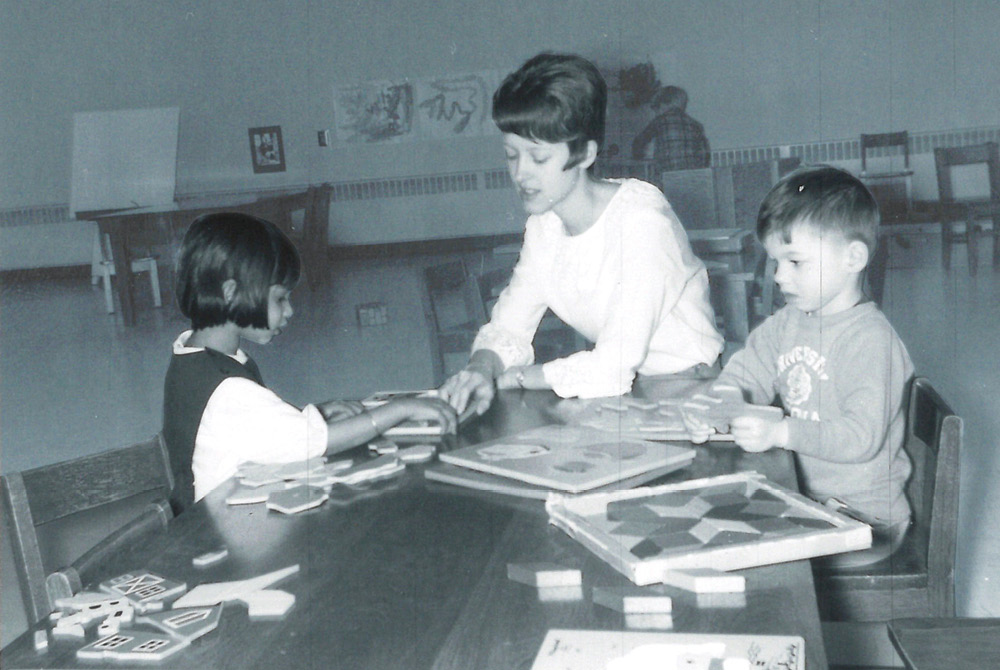To move forward as a field, we must understand our history. Knowing our past provides us with a rich context for the future, and the past must be examined to create change. We must disrupt the past with our questions, and so create a path of disruptive thinking that can lead to disruptive change. We need to ask ourselves:
- Is this the time to address historical injustices and inequities in our field?
- Is this the time to call attention to how these historical injustices and inequities have led to the current status of systematic discriminatory and exploitative practices that women of color everywhere, and especially in child care, experience?
The answer to the above questions is yes! Disruptive change has the potential for lasting impact. It is true that disruption most often comes with discomfort, but that is okay. This is how we grow and learn in the midst of disruption to make a new future.
We must join together to launch a national social justice movement that is willing to examine our past perspectives, processes, and practices that have led us to this point. This requires us to move from advocacy to activism as we seek to undo and disrupt inequity and injustice within child care.
ADVERTISEMENT
Now is the time to remove the shackles and stigma of low wages, low status, and gender and racial exploitation in the field of child care. It is the moment for a unified collective of social justice advocates and activists to swing into action and let their presence be seen and their voices heard. This is the moment to become agents of change through a set of liberating stances that include the following actions:
- Develop a collective critical consciousness and awareness of how the historical colonization of the mind by the oppressive ruling class has created the current low-wage, low-status child care workforce.
- Position and articulate the child care workforce struggle as a part of the national conversation around racial justice, gender justice, and economic justice across all spheres of employment.
- Engage and mobilize traditional and nontraditional social justice advocates and activists around a national child care justice agenda.
Now is the time to organize, strategize, and mobilize to place the child care workforce struggle on the national social justice agenda. Too often, we in-fight when instead we should be joining forces. And not just with each other, but with other activists seeking justice. It is time to cross organizational, ideological, workplace, and geographical boundaries to address racial, gender, and economic injustices. It is time to design a course of action that is conceivable, achievable, and sustainable.
The inequities of history cannot continue unless we are prepared to accept continuing harm and to abandon hope for true equality.
Excerpts of this article are reprinted by permission of the publisher. From Maurice Sykes and Kyra Ostendorf, eds., “Child Care Justice: Transforming the System of Care for Young Children” New York: Teachers College Press. Copyright © 2022 by Teachers College, Columbia University. All rights reserved.
Related
ADVERTISEMENT













